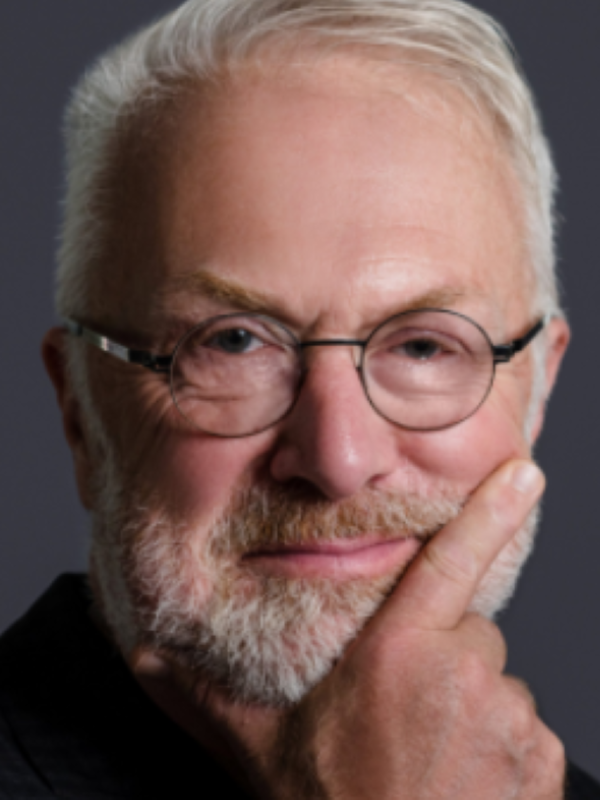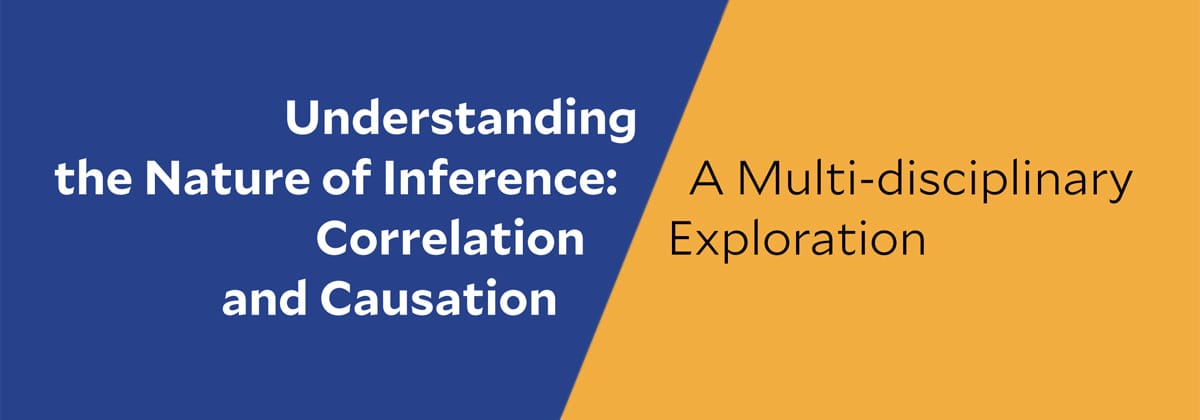
Inference in a Nonconceptual World

Classical models of inference, such as those based on logic, take inference to be *conceptual* – i.e., to involve representations formed of terms, predicates, relation symbols, and the like. Conceptual representation of this sort is assumed to reflect the structure of the world: objects of various types, exemplifying properties, standing in relations, grouped together in sets, etc. These paired roughly algebraic assumptions (one epistemic, the other ontological) form the basis of classical logic and traditional AI (GOFAI).
In this talk, Professor Smith will argue that the world itself is not conceptual, in the sense of not consisting (at least au fond) of objects, properties, relations, etc. That is, he will argue against the ontological assumption. Rather, he believes that taking the world to consist of the familiar ontological furniture of objects, properties, etc. results from epistemic processes of abstraction and idealization. Denser representations with so-called “nonconceptual content” can be closer to what is known as “ground truth”. Deep learning models and other developments in contemporary AI can therefore be understood as initial steps to understand inference over surpassingly rich fields of undiscretized features.
Our conversant for the December 8th moderated conversation with Professor Smith is Professor Joseph T. Rouse of Wesleyan University. Rouse’s primary research interests are in the philosophy of science, the history of 20th C. philosophy, interdisciplinary science studies, and the social theory of practices. Within these areas his primary foci include the philosophy of scientific practice; naturalism and anti-naturalism in 20th Century philosophy; the metaphysics of normativity; connections between “analytic” and “continental” philosophy; the relation of philosophy of science to philosophy of mind and language, and to metaphysics; cultural studies of science and feminist science studies. His book manuscript currently under review, Social Practices as Biological Niche Construction, shows how and why to integrate our biological conception of human beings as animals and our sociocultural and psychological conceptions of human beings as persons and acculturated agents. His most recently published book, Articulating the World: Conceptual Understanding and the Scientific Image (Chicago 2015) shows how to situate human capacities for scientific understanding within a scientific conception of the world. This defense of a thoroughgoing philosophical naturalism re-conceives human conceptual capacities as having arisen through evolutionary niche construction, and reinterprets a scientific conception of the world as embedded in research practices rather than as a body of knowledge extracted from them. His earlier books include How Scientific Practices Matter (Chicago 2002), Engaging Science (Cornell 1996), Knowledge and Power (Cornell 1987), and the editing of philosopher John Haugeland’s posthumous book Dasein Disclosed (Harvard 2013).
Rouse has taught in Wesleyan’s Philosophy Department and Science in Society Program since 1981, having previously taught at the University of Maine at Orono from 1977-81, after receiving his Ph.D. in philosophy from Northwestern University, and his A.B. from Oberlin College. His two terms as Chair of the Wesleyan Faculty were in 2001-2002 and 2008-2009. He is currently a nationally competitive epee fencer, and from 1974-2002 competed regularly at the US National Volleyball Championships before retiring from that sport.

Brian Cantwell Smith
Brian Cantwell Smith is the Reid Hoffman Professor of Artificial Intelligence and the Human, as well as being Professor of Information, Philosophy, Cognitive Science, and the History and Philosophy of Science and Technology, and a Senior Fellow at Massey College.
Smith holds BS, MS and PhD degrees from the Massachusetts Institute of Technology (MIT). From 1981 to 1996 he was a Principal Scientist at the Xerox Palo Alto Research Center (PARC) and Adjunct Professor of Philosophy at Stanford University. He was a founder of the Center for the Study of Language and Information at Stanford University (CSLI), a founder and first President of Computer Professionals for Social Responsibility (CPSR), and President (1998-99) of the Society for Philosophy and Psychology (SPP). From 1996 to 2001 he was Professor of Cognitive Science, Computer Science, and Philosophy at Indiana University, and from 2001 to 2003 was Kimberly J. Jenkins University Distinguished Professor of Philosophy and New Technologies and professor in the departments of Philosophy and Computer Science at Duke University.
Smith moved to the University of Toronto in 2003, initially to serve as Dean of the Faculty of Information (2003–2008).
